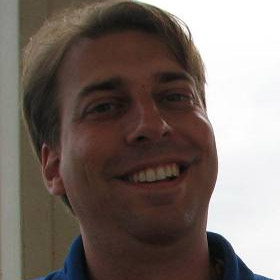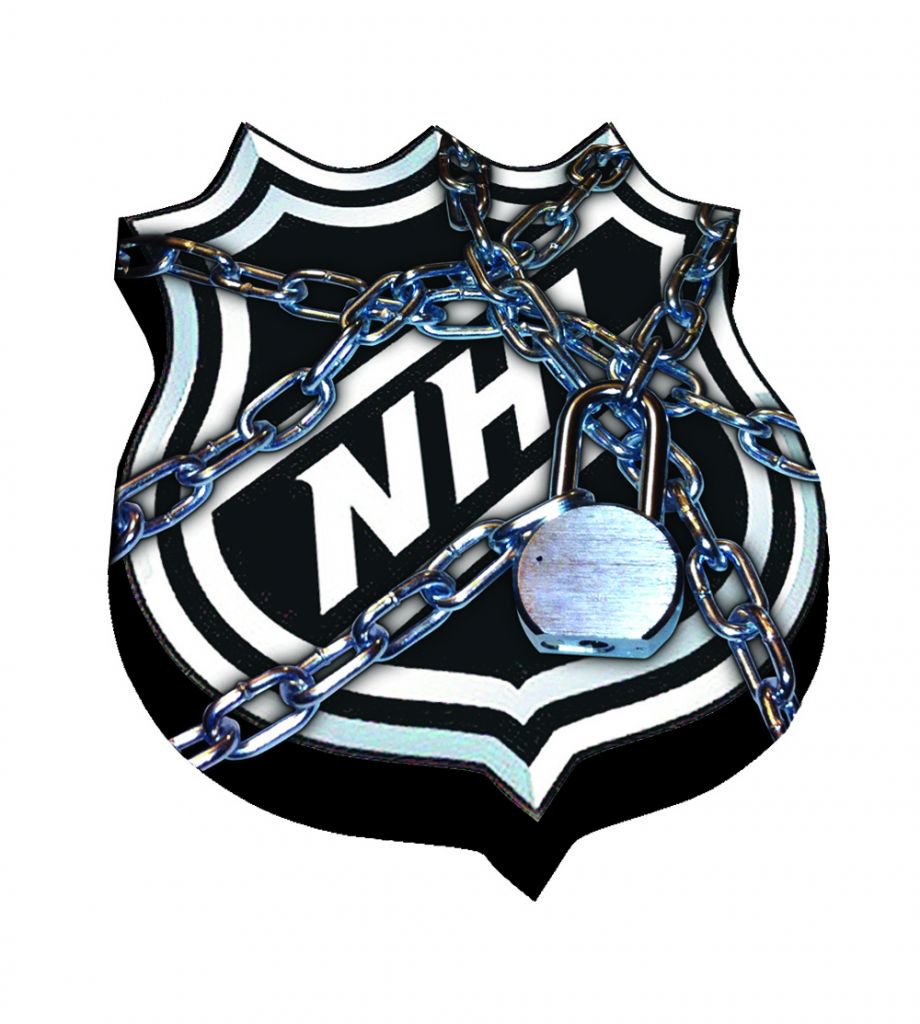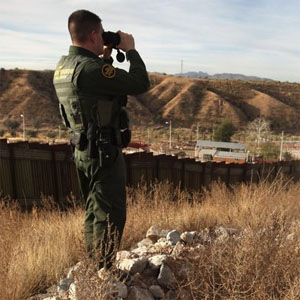I spent the five happiest years of my life in a morgue. As a forensic scientist in the Cleveland coroner’s office I analyzed gunshot residue on hands and clothing, hairs, fibers, paint, glass, DNA, blood and many other forms of trace evidence, as well as crime scenes. Now I'm a certified latent print examiner and CSI for a police department in Florida. I also write a series of forensic suspense novels, turning the day job into fiction. My books have been translated into six languages.
Vomit, horseradish, copper (as in pennies) and some cleaning compounds can also give a positive luminol reaction.Good luck on your project!
Okay I will email you.
I'm sorry but I have no idea. You'd have to ask an accident investigator.
I'm sorry to hear about your brother. Unfortunately I have no idea how much blood there should be, you'd have to ask a pathologist, but from my experience I can guess it would depend on two things--what kind of surface was he on--concrete, tile, carpet, dirt? Also, how long the heart kept pumping after the injury. I have seen gunshot victims where they barely bled at all, and others were completely soaked practically head to toe. So there are a number of factors that will affect this.
Bracketologist
 Why have there been so many 15-2 upsets, but no 16-1's?
Why have there been so many 15-2 upsets, but no 16-1's?
NHL Team Marketer
 Is fighting in hockey good or bad for the game?
Is fighting in hockey good or bad for the game?
Border Patrol Agent
 Do you ever feel sorry for the illegals you catch trying to cross the border?
Do you ever feel sorry for the illegals you catch trying to cross the border?
I have no idea, so I asked my co-worker. She said:My first question would be was the 20GB forensic wiped? Was it completely empty when the 8GB was put on it?Second, does the software that you use to image produce working files or executable programs that are needed to view the image? Otherwise 8 GB is 8 GB so there can't be more.
Improved in what way?
That depends entirely on your digital situation. How big is the database (how many fingerprints does it have to search through), are you searching both fingers and palms, how many servers or whatever can you devote to the task, and have the search parameters been narrowed down, say to only right hand fingers or only the left index. All those factors will affect it so that a search could take anywhere from a few seconds to a day .
-OR-
 Login with Facebook
Login with Facebook (max 20 characters - letters, numbers, and underscores only. Note that your username is private, and you have the option to choose an alias when asking questions or hosting a Q&A.)
(A valid e-mail address is required. Your e-mail will not be shared with anyone.)
(min 5 characters)
By checking this box, you acknowledge that you have read and agree to Jobstr.com’s Terms and Privacy Policy.
-OR-
 Register with Facebook
Register with Facebook(Don't worry: you'll be able to choose an alias when asking questions or hosting a Q&A.)